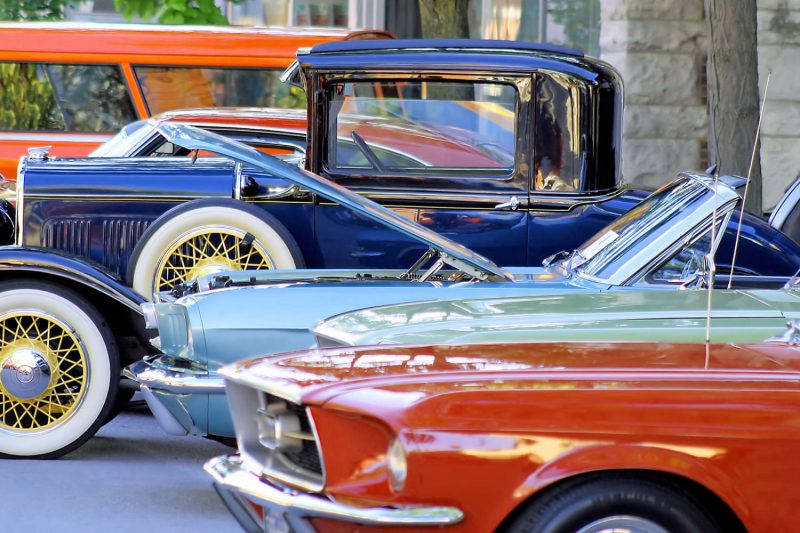The shift in consumer preferences and the entry of a new generation of buyers into the classic car market has brought about a noticeable slowdown in sales at the prestigious Monterey car auctions this year. While this trend may seem concerning to traditional collectors and enthusiasts, it is also indicative of the evolving landscape of the classic car industry.
One of the key reasons behind the stall in classic car sales at Monterey auctions is the changing tastes and buying behavior of younger buyers. As millennials and Gen Z-ers are increasingly becoming a significant demographic in the market, their preferences are exerting a notable influence on the types of vehicles that are in demand. Unlike previous generations, who may have gravitated towards iconic models and brands from the mid-20th century, today’s younger buyers are showing a preference for more modern classics and vehicles that reflect their own nostalgia and interests.
Another factor contributing to the stagnation in classic car sales is the impact of evolving technologies and cultural shifts on consumer spending habits. As the automotive industry moves towards electrification and sustainability, there is a growing focus on newer, more eco-friendly vehicles, which may not always align with the ethos of classic car collecting. Additionally, the rise of digital platforms and online marketplaces has provided buyers with greater accessibility to a wide range of vehicles, including classics, without the need to attend live auctions.
Furthermore, the COVID-19 pandemic has played a role in reshaping the classic car market and influencing sales trends. With restrictions on travel and in-person events, traditional auction formats have had to adapt to virtual platforms, which may have impacted the dynamism and excitement normally associated with live auctions. The shift towards online sales and virtual showcases has also widened the reach of classic car sales to a global audience, potentially diluting the exclusivity and allure of physical auctions.
Despite the current slowdown in classic car sales at Monterey auctions, there remains optimism within the industry for the future of vintage vehicles. As younger generations continue to engage with classic cars in their own unique way, there is an opportunity for the market to evolve and diversify, catering to a broader range of tastes and preferences. By embracing innovation, sustainability, and digital advancements, the classic car industry can stay relevant and enticing to a new wave of collectors and enthusiasts who are shaping the next chapter of automotive history.
